Autonomous Car:Deep Learning & Computer Vision for Beginners
Loại khoá học: Game Development
Autonomous cars: Deep Learning and Computer Vision Using Python & OpenCV on Raspberry Pi
Mô tả
This is course is involves both the hardware and the software part for building your custom car
Topics Which Will be Covered in the Course are
Hardware Part :
Raspberry Pi Setup with Raspbian
Raspberry pi and Laptop VNC Setup
Hardware GPIO Programming
Led Controlling with Python Code
Motor Control
Camera Interfacing Video Feed
Software Part :
Video Processing Pipeline setup
Lane Detection with Computer Vision Techniques
Sign Detection using Artificial Deep Neural Network
Sign Tracking using Optical Flow
Control
Course Flow (Self-Driving [Development Stage])
We will quickly get our car running on Raspberry Pi by utilizing 3D models ( provided in the repository) and car parts bought from links provided by instructors. After that, we will interface raspberry Pi with Motors and the camera to get started with Serious programming.
Then by understanding the concept of self-drive and how it will transform our near future in the field of transportation and the environment. Then we will perform a case study of a renowned brand in self-driving (Tesla) ;).After that, we will put forward our proposal of which (autonomous driving level) self-driving vehicle do we want to build.
The core development portion of the course will be divide into two parts. In each of this portion and their subsection, we will look into different approaches. program them and perform an analysis. In the case of multiple approaches for each section, we will do a comparative analysis to sort out which approach best suits our project requirements.
1) Detection: responsible for extracting the most information about the environment around the SDV
Here we will understand how to tackle a large problem by breaking it down into smaller more manageable problems e.g in the case of Detection. we will divide it into 4 targets
a) Segmentation
b) Estimation
c) Cleaning
d) Data extraction
2) Control: actions will be performed based on the information provided by the detection module.
Starting by defining the targets of this module and then implementation of these targets such as
a) Lane Following
b) Obeying Road Speed Limits
In the end, we will combine all the individual components to bring our Self Driving (Mini - Tesla) to life. Then a Final Track run along with analysis will be performed to understand its achievement and shortcoming.
We will conclude by describing areas of improvement and possible features in the future version of the Self-driving (Mini-Tesla)
Hardware Requirements
Raspberrypi 3b or greater
Ackerman Drive car
12V lipo Battery
Servo Motor
Software Requirements
Python 3.6
Opencv 4.2
TensorFlow
Motivated mind for a huge programming Project
- This course is only supported for Raspberry pi 3B and 3B+ , for other version of raspberry pi we do not guide how to install Tensorflow.
- Before buying take a look into this course Github repository or message
( if you do not want to buy get the code at least and learn from it :) )
Bạn sẽ học được gì
Yêu cầu
Nội dung khoá học
Viết Bình Luận
Khoá học liên quan

Đăng ký get khoá học Udemy - Unica - Gitiho giá chỉ 50k!
Get khoá học giá rẻ ngay trước khi bị fix.

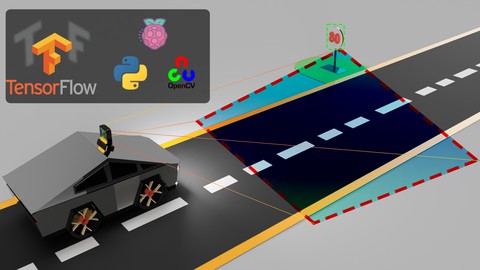


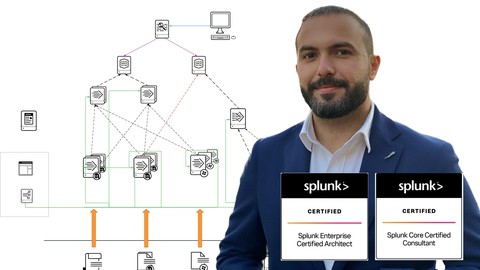

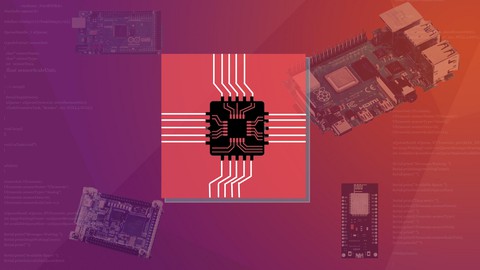

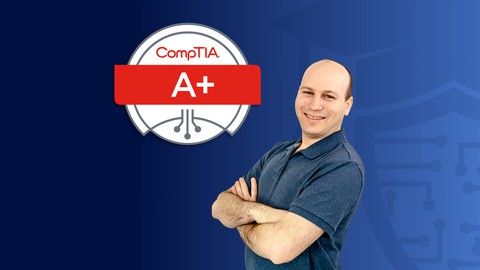
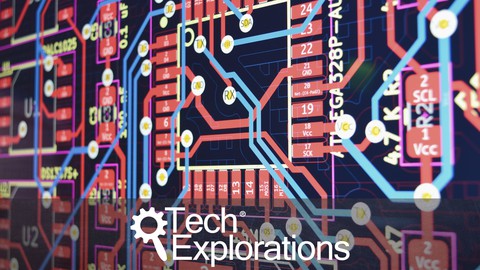
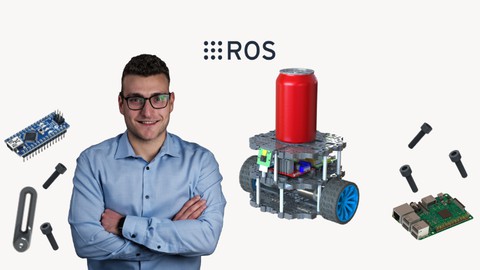
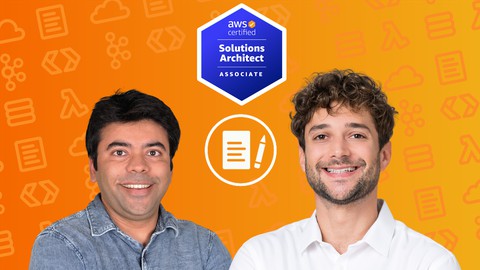

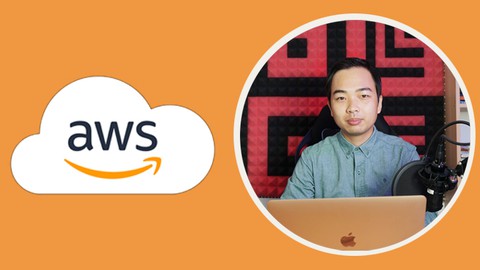

![Java Certification : OCA (1Z0-808) Exam Simulation [2023]](/uploads/courses/udemy/1464072_c364_6.jpg)


Đánh giá của học viên
Bình luận khách hàng